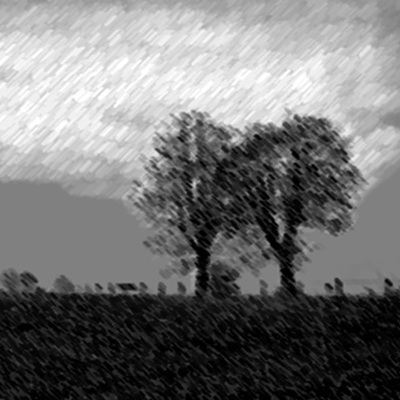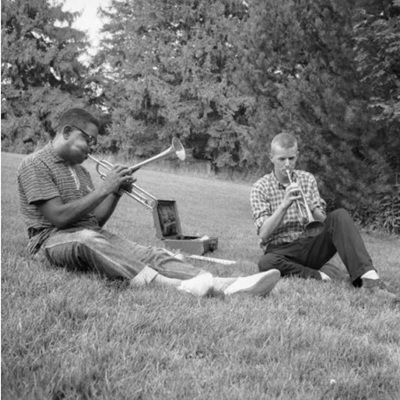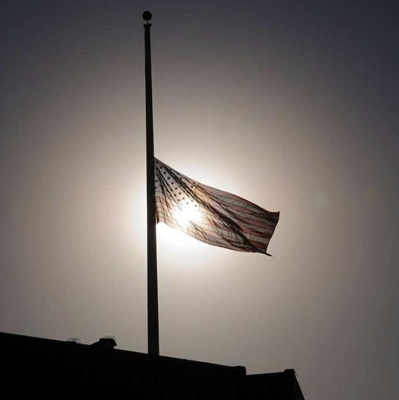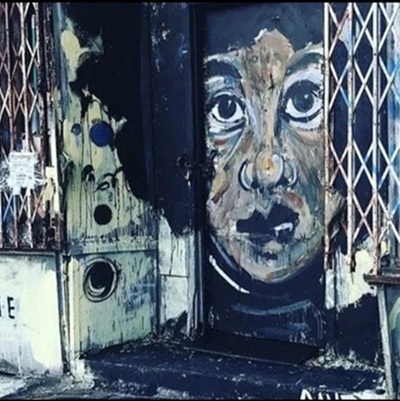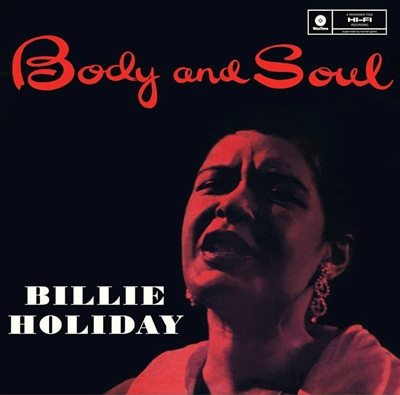_____
I was eighteen when I read Nat Hentoff’s Jazz Is, and it changed my life. I’d always thought good jazz was just the crafting of pretty notes with a smooth feel. I’d never imagined it could be a “cry for justice.” Or a captivating tour through a heart lay bare. The greatest jazz goes even beyond that: the symphony of a soul freshly released and taking flight, nothing less than what Nat calls “spirit-music.”
As readers know, Nat Hentoff was far more than a jazz authority. He was a spectacular writer and a freedom-of-speech icon with no tolerance for hypocrisy. He was a great hero of mine—and someone I very much wanted to read my own jazz novel, Outside In. His journey with my book became a little story in itself.
It took over ten years to complete Outside In, over thirty years after I’d read Jazz Is. And it’s only now I realize the influence Nat Hentoff had on the story. Please check out my June, 2013, Jerry Jazz Musician article about Outside In. I don’t mention Nat in it—because at that time I still didn’t understand his impact—but you will.
Joe Maita, the publisher of Jerry Jazz Musician, gave me my entrée to Nat Hentoff. I called Nat, and to my amazement he called back and said, “Sure, send me your book.” But things in my life don’t go this easy. After not hearing anything for several weeks, I called him again. I didn’t want to irritate him and I was afraid he hated it, but I just had to know. He told me he wasn’t sure he ever got it, and I should send him another one. I did, and after a few weeks I still didn’t hear anything, so I called again. He told me he was pretty sure he’d gotten it but he lost it; would I send another one? I did, and three weeks later, certain I was harassing him, I called again, and he told me he knew where this copy was but he wasn’t going to get it. It was under a pile on his desk and he couldn’t dig for it; would I send another one? I sent five copies in all, each time I shipped them, feeling like a huge idiot.
Then he called to tell me he loved my book. He told me if it weren’t for his health and his deadlines he would’ve finished it much sooner, but he’d always had trouble putting it down. He sent me what became my favorite quote for Outside In, featured on the cover ever since: “Scott Shachter’s Outside In is indeed a jazz novel—continually swinging with surprises and insights into human exceptionalism, both inspiring and desperate. It got so inside me I had to go back and read it again for more kicks.” —Nat Hentoff
His enthusiasm for my writing helped me more than words can express. I now trust I made the right choices with this story. They were risky ones. Literary agents who’d praised the writing still rejected the book because it didn’t squeeze into one genre. But Nat had wanted me to know it was that very uniqueness that had kept him reading it, and reading it over again. While many other wonderful jazz journalists have since appreciated this novel, what mattered most to me was it worked for Nat Hentoff, my spirit-music champion. Here’s to you, Nat.
___
Publisher’s note
Scott’s story of Nat Hentoff is warm and memorable and very special. But it is not unusual. Hentoff was a great believer in the need to shout about jazz music from the rafters, and often took the time to encourage and ratify the work of creative artists like Scott, who are not intimidated by approaching jazz from the “outside in.” He was an important chronicler of jazz music and civil rights and politics who lived an essential American life. Let’s hope there are more like him out there.
*

Scott Shachter has played his flutes, clarinets and saxophones in groups ranging from the American Symphony to Manhattan Transfer, as well as in over seventy Broadway shows and over 800 performances with the Radio City Orchestra. Outside In, his first novel, is a finalist in the 2014 Next Generation Indie Book Awards. It also reached the quarterfinals in the 2011 Amazon Breakthrough Novel Award and received Honorable Mention in the 2011 Leapfrog Press Fiction Contest.
Visit his website by clicking here






